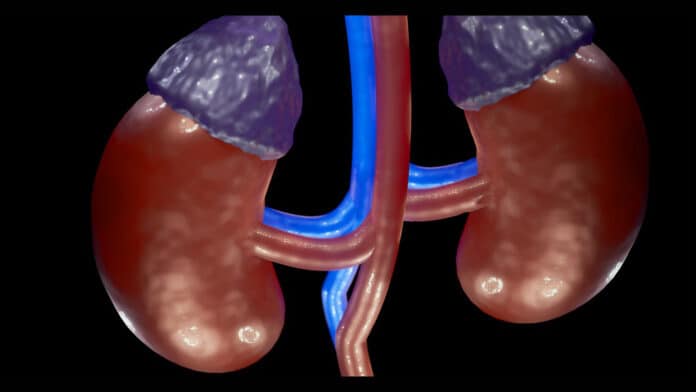The probability of recurrence is still variable in patients with localized clear-cell renal cell carcinoma (ccRCC) that has undergone resection. Using biomarkers could improve risk prediction and guide adjuvant treatment choices.
A new study by a team of 44 researchers at 23 institutions across Europe and Canada explored the role of tumor genomics in this setting, leveraging the largest cohort of localized ccRCC tissues subjected to targeted gene sequencing to date.
According to the study, DNA sequencing might make it possible to forecast a patient’s risk of kidney cancer recurrence accurately and could eventually result in more individualized treatment. Studying the mutations in kidney cancer after surgery could help to predict better the risk of the disease coming back.
Yasser Riazalhosseini, Assistant Professor of Human Genetics and Head of Cancer Genomics at the Victor Phillip Dahdaleh Institute of Genomic Medicine at McGill University, said, “Our research shows that it may be possible to improve the way we determine risk in each patient by looking at the genetic mutations present in their cancer.”
“Mutation analysis using DNA sequencing is already being used to help patients with other types of cancer and could be readily applied to patients with kidney cancer.”
In a study released today by the Universities of Leeds and McGill, researchers examined the DNA changes in more than 900 kidney cancer samples and divided the patients into four groups based on the presence of mutations in 12 particular genes. The team also checked whether these patients had experienced a cancer recurrence.
One mutant group’s patients may likely avoid unneeded treatment because 91% remained disease-free five years after surgery. In contrast, only 51% of individuals with a different mutation group were still free of the condition after five years. This indicated that they needed more aggressive treatment.
Scientists noted, “Currently, doctors assess the risk of kidney cancer returning by looking at features like the size of the tumor and how aggressive it appears under a microscope. With up to 30 percent of localized kidney cancers returning after surgery, more accurate methods of assessing this risk are needed, meaning patients who do not need further treatment can be spared it.”
Naveen Vasudev, Associate Professor and Honorary Consultant in Medical Oncology at the Leeds Institute of Medical Research, said, “Accurately determining the risk of cancer recurrence is very important. It helps us identify how often patients need to be seen by their doctors and decide who to treat with immunotherapy. This treatment has recently been shown to reduce the chances of cancer coming back but can cause side effects. The danger currently is that some patients may be over-treated, so better identifying patients at low risk of recurrence is important.”
According to the study’s findings, tumor DNA sequencing might offer a more accurate technique to gauge a patient’s risk of kidney cancer recurrence. This might eventually result in more specialized treatment for kidney cancer.
Vasudev said, “Development of new treatments for kidney cancer has lagged behind other cancers, and we largely continue to adopt a ‘one size fits all’ approach.”
“Genomics – the study of genes and how they interact – is a key area of development in patient care. Here we show how genomics might be applied to patients with kidney cancer, potentially creating more personalized treatment options for thousands of patients each year.”
Journal Reference:
- Naveen S. Vasudev et al. Application of Genomic Sequencing to Refine Patient Stratification for Adjuvant Therapy in Renal Cell Carcinoma. Clinical Cancer Research. DOI: 10.1158/1078-0432.CCR-22-1936
